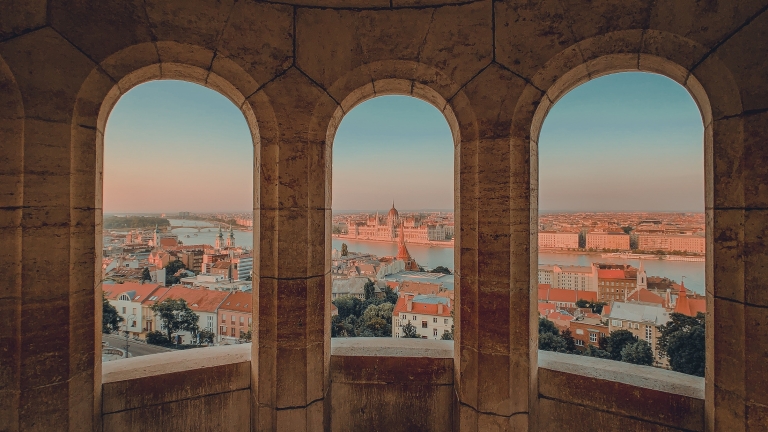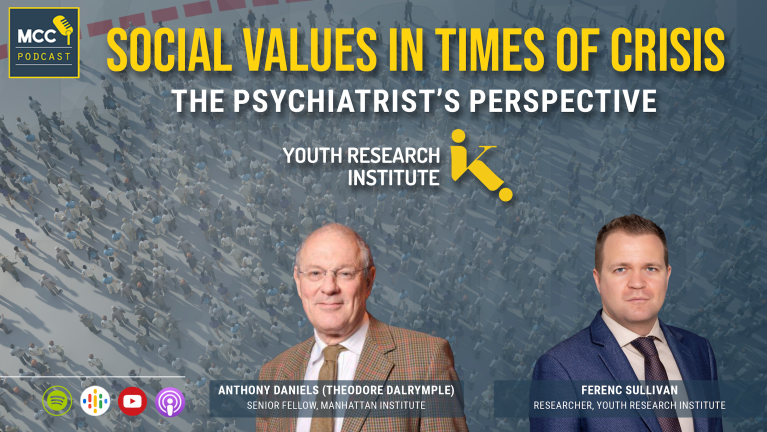Like their comrades elsewhere, the Hungarian communists clearly had it in for Christmas. An internal report by the propaganda department of the Hungarian Working People’s Party, dated November 26, 1949, reads: “Every year since liberation (…) the clergy has tried to use Christmas holidays for their own purposes. This Christmas, we can expect an even stronger attack than usual because the introduction of optional religious education has caused them to fight harder. This time too, it can be assumed that they will try to use the religious feelings of the masses.” The ultimate goal was to prevent churches from “gaining access to the masses, especially the youth” under the pretext of the holiday. That same year, the Christmas period was overshadowed and effectively replaced by a week of celebrations glorifying Stalin’s birth. In 1952, Christmas was reduced to a single-day public holiday, a decision that was finally reversed in the aftermath of the 1956 Revolution. Despite persistent efforts to limit the role of Christmas and banish its religious meaning from people’s lives over the subsequent decades, it has remained very much part of Hungarians’ festive calendar. Fenyőünnep, the Soviet-inspired artificial term meaning “fir holiday” that was sometimes used as the newspeak equivalent of Christmas, blissfully faded into disuse with the transition to democracy. Together with all its commercialization and the increasing rarity of winter snow, Christmas is alive and well in Hungary.
In 1929, Christmas was abolishedby decree as part of a frenzied campaign against all religious holidays. In the years to follow, Christmas could be observed only in the greatest secret, and priests were arrested in their dozens for stubbornly continuing illegal church services. People could be sent to the Gulag for erecting an illegal Christmas tree. But by 1935, a de-Christianized mutation of the real thing was reintroduced through the back door. Russians erected trees on December 31 to celebrate New Year, and children were to receive their presents from Ded Moroz, or “Grandfather Frost” – the equivalent of the Western Santa Claus. Although Christmas was reinstated with the fall of communism, it has never been the same since, and big celebrations are still reserved for New Year’s Eve. And even the Stalinist hermit state of North Korea has its own, twisted answer to Christmas. December 24 is the birthday of the wife of King Il-sung, the country’s founder. That day, schools, universities, factories, and public institutions all have to participate in singing in the evening, similar to carol singing, and celebrate her birthday. In the meanwhile, believers in the real Christmas face their whole family being arrested, imprisoned, tortured, and killed if their secret celebrations are discovered.
Yet, according to a recent YouGov poll, almost four in ten adults in the US – including one in four Democrats – agree that there is a war on Christmas (slightly less disagree). Throughout the Anglosphere and beyond, nativity scenes and public Christmas decorations are routinely vandalized and mutilated. On December 13, for example, a Strasbourg suburb saw its nativity set ablaze by a pair of arsonists in what the town’s mayor branded “an attack on our values and traditions”. This fits into the pattern of increasing anti-Christian sentiment and a rise in hate crimes against Christians across much of the world. Safety concerns are used to downscale and move open-access displays off the streets into secluded exhibits, away from the public eye. As for other omnipresent hallmarks of Christmas festivities, a noticeable trend over the past few years was to replace them with controversialist installations that are purposefully meant to be as far from the real thing as possible and devoid of any connotation of religious faith. In 2012, for example, the traditional Christmas tree in Brussels was replaced by an abstract light installation; two years later, Paris thought it appropriate to erect a Christmas tree-themed inflatable statue resembling a giant sex toy. The city of Bordeaux has opted for a glass-and-steel structure after cancelling its Christmas tree altogether in 2020. And this year, for the first time in living memory, the decorative Christmas lights that embellish Budapest in the winter season were banished from the Hungarian capital – as a result of the left-progressive municipality’s decision to reduce energy consumption.
The debate over an alleged War on Christmas has been in the air at least since the publication of Fox News anchor John Gibson’s 2006 book, which blames “American Council of Civil Liberties lawyers, professional atheists, and Christian haters” for trying to get rid of Christmas. It is diversity-obsessed multinationals and the media, however, that have most effectively pushed for the elimination of “Merry Christmas” from the public square in favor of soulless alternatives like “Happy Holidays” or “Season’s Greetings”. A blog piece for Grammarly, the popular typing assistant, is a good example. The article’s author argues that “Happy Holidays” should replace “Merry Christmas” as the general festive greeting because “the US is more diverse than it’s ever been before”. Readers are encouraged to use the “inclusive term” when addressing anyone whose personal beliefs they are not fully sure of, without clarifying the exact holiday they have in mind. From this perspective, any reference to the specific religious or cultural meaning of Christmas seen as an obstacle to “sharing the sentiment” – the aim is simply to wish someone a “positive time of year”.
For others, using politically correct language to cover up Christmas is more than a casual matter of personal choice. US cities such as Milwaukee and Philadelphia have resorted to renaming their Christmas tree to “holiday tree”. Germany, which is rapidly becoming a world leader in wokeness, is seeing its traditional Christmas fairs rebranded “winter markets” or Lichtermärkte (“markets of lights”) – supposedly to keep equal distance from religions and to appease the country’s fast-growing Muslim community. And identity warriors argue that opting for traditional or politically correct language when referring to Christmas serves as a badge of group identification, with the average person insisting on “Merry Christmas” described as a stereotypical Republican: a man over sixty who lives in the Midwest.
Refreshingly, affection Christmas continues to unite practically all Hungarians, irrespectively of whether it is observed primarily as a religious holiday or as a time for spending time with family and friends. But the successful Soviet-era reinvention of Christmas as an exclusively secular holiday should serve as a warning for conservatives who are dismissive of the modern War on Christmas.
Merry Christmas and a Happy New Year!









